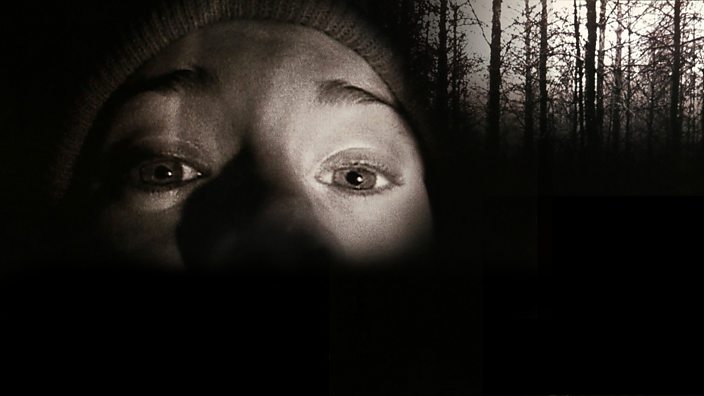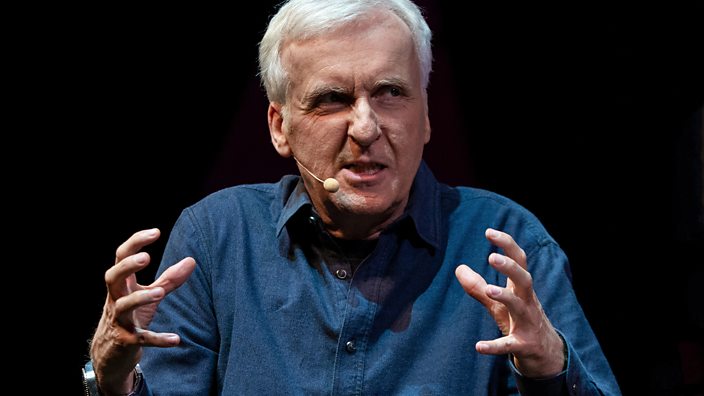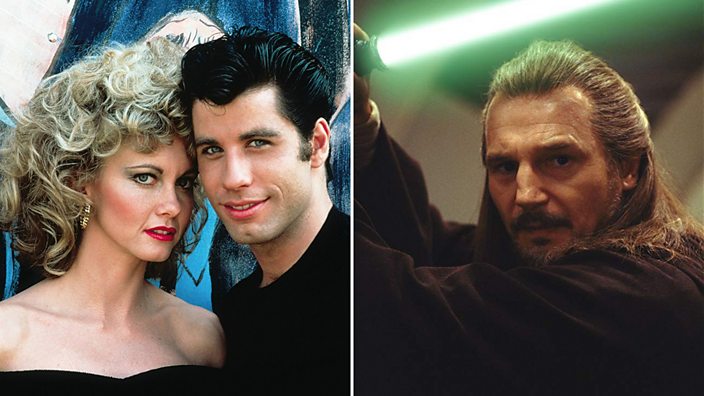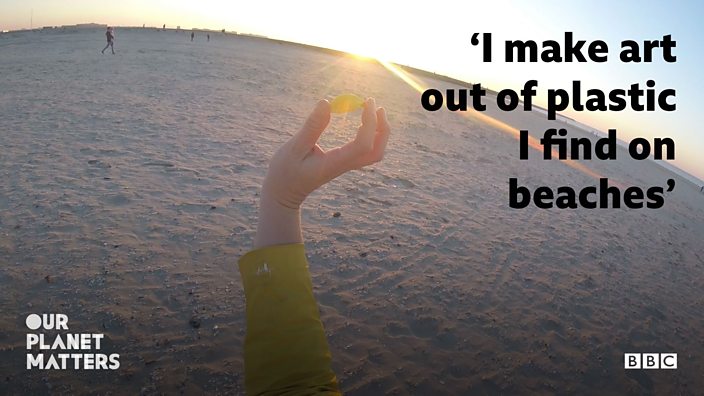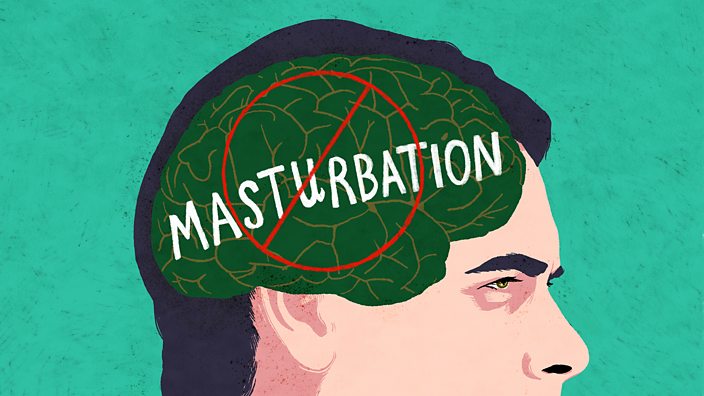 iStock
iStockWhen is a film so bad it's actually good?
Forget what the critics say, have faith in your own bad taste
When it comes to films there are good ones, bad ones and then there are the ones that are so bad they’re actually good.
Ask a film buff to recommend "a good film" and you’ll end up on the wrong side of a monologue about how The Lobster totally nailed the existential angst of human existence.
You’ll nod along but inside you'll be reliving the brilliantly cheesy start of Love Actually, where people are being greeted by their loved ones at the airport. Nobody has ever met you at an airport with flowers, chocolate or a "Welcome home" sign. It warms the icy cockles of your heart.
Is it Oscar-worthy? No. Do you sit in bed rewinding it over and over again? Yes.
Try as they might, movie snobs can’t stop us from loving the films we're meant to hate – as evidenced by the sheer volume of gushing tweets recently shared by people with awful taste in films...
The whole thread was started by Cher. No, not actual Cher, but an American journalist who just happens to share the star's name:
Of course, taste is subjective, so whether a film is good/bad or, actually, just bad/bad is always going to be debatable.
Some people’s trashy confessions were applauded:
While others were met with sheer disbelief because they were just… well… so very very bad:
No one admitted to liking Zoolander 2. Not even as a guilty pleasure.
Editor in chief of film magazine Empire, Terri White, says it makes complete sense that the films we really, really love are often not the ones that get critical acclaim. “When the world’s going to hell in a handcart and seemingly more apocalyptic than anything a cinematic dystopia can muster, escapism looks very different."
These days it does sometimes feel like it’s impossible to escape bad news – our mobile phones and tablets are like IV drips, feeding us a constant stream of all the things going wrong around the world. Because of this, White says, “There is no escapism as pure right now as turning off your phone and sitting in a dark room for three hours while a fun, light, load of nonsense plays out on the screen in front of you.”
Preach, Terri. Her favourite trash films include – but are not limited to – Grease 2, Love Actually, Rocky IV, The Holiday and Kevin and Perry Go Large.
Mine – whisper it – is The First Wives Club, starring Goldie Hawn, Bette Midler and Diane Keaton and I’m sorry not sorry about it.
I’m not divorced, I’m not a mother and I have never worn shoulderpads. There’s absolutely nothing about the film that I relate to but, when I’m feeling rubbish, I watch The First Wives Club, forget about everything I’ve got going on and zone in on three women as they set out to get revenge on their ex- husbands.
The First Wives Club is my meditation and you can judge me all you want.
Psychologist Dr Rose Aghdami says that watching trashy TV or films is a completely legit way to relax. "We all need an opportunity to immerse ourselves in an activity when time stands still and nothing else matters," she says. "So if you're enjoying it, carry on and ignore the critics... we all need to recharge our batteries somehow."
However, she also warns that some people might "feel guilty that they're wasting time if they watch a dodgy film, because they think they should be busy and productive all the time". So if it's really not for you, that's OK. Instead, Rose suggests going for a walk.
Rose herself likes to watch the Sex and the City films which, as we all know, are deemed by some critics to be far inferior to the TV series. "I really do enjoy them," Rose says. "They're a laugh and totally different to my intense working life."
And If you’ve ever been shamed for your bad film taste, here’s something to keep up your sleeve…
A recent study, conducted by Keyvan Sarkhosh of the University of Vienna, found that people who enjoy watching bad films tend to have what he called an "ironic viewing stance" - that's academic speak for owning the film's crapness.
This, Sarkhosh says, means that you enjoy a film because, not in spite of, the fact that it dares to challenge mainstream cinema’s ideas of what makes a good film or a bad film. You heard it here first.
Roll that opinion out the next time somebody tries to shame you for your guilty pleasure. (As long as it’s not Zoolander 2.)
